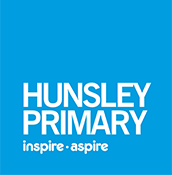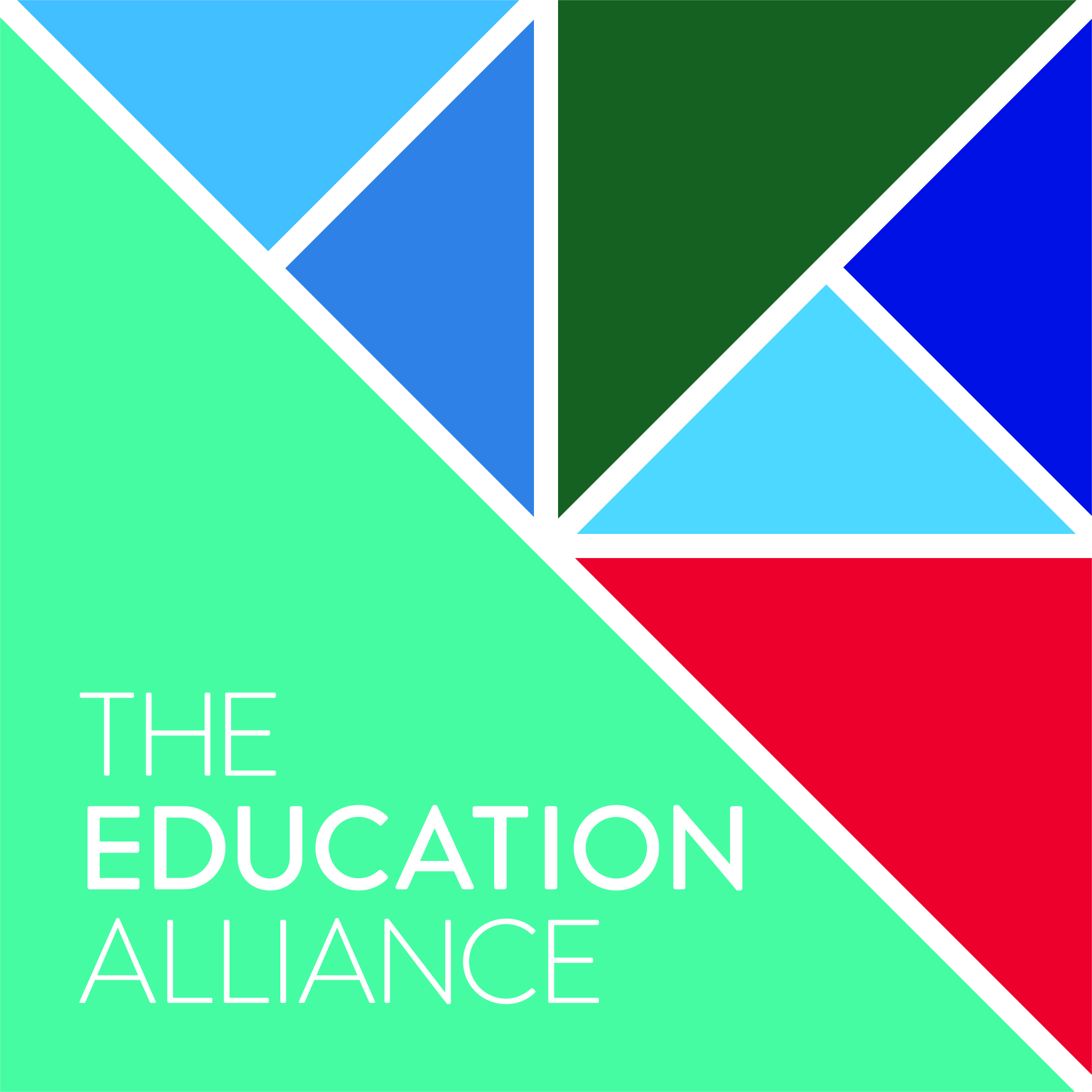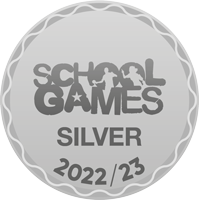Religious Education at Hunsley Primary
Hunsley Primary, as a Free School, is non-denominational. We recognise and celebrate that our children have a range of beliefs, cultural backgrounds and faiths, and we make this a key aspect of our learning, enabling all children to understand diversity and tolerance of others’ views and ways of life.
As a Free School, Hunsley Primary is also able to set its own curriculum; however, for Religious Education, we follow the locally agreed syllabus, which offers a broad and balanced approach to teaching and learning about other cultures, religions, beliefs and ideas.
Parents can request that their child is removed from any event, activity or discussion at any point, should they wish for their child not to be included in accordance with our policy.
Through assemblies, Talk Time, reading and discussion, as well as creative and physical activities, such as singing, drama, outdoor learning, art and written work, the children are encouraged to investigate, think, ask questions and reflect – the most important skills associated with learning about a range of cultures. The study of Religious Education is reflective and investigative. Enquiry is at the heart of learning. Where RE is most effective, the school has a well-defined and systematic approach to using enquiry in RE, which we think is very important in all aspects of learning at Hunsley Primary. We actively teach the children to be reflective and aware of how they learn and the connections they make to build up their knowledge.
Effective enquiry in RE
- is not age-limited – examples of effective enquiry were found at all ages
- involves sustained learning – pupils set up the enquiry, carry it out, evaluate their learning and revisit the questions
- starts by engaging pupils in their learning – making sure they can see the relevance and importance of the enquiry and how it relates to their own concerns
- allows pupils time to gather information and draw conclusions before asking them to reflect on or apply their learning – the focus on ‘learning from’ will probably come late in the process as they ask the key question – so what?
- enables pupils to reconsider their initial thinking and extend their enquiry as they begin to see new levels of possibility – if pupils have identified key questions at the outset, they might want to reconsider these questions, add more, or re-prioritise their importance
- allows pupils to use their creativity and imagination – ensuring that experiential learning and opportunities to foster spiritual development are built into the process of enquiry


















